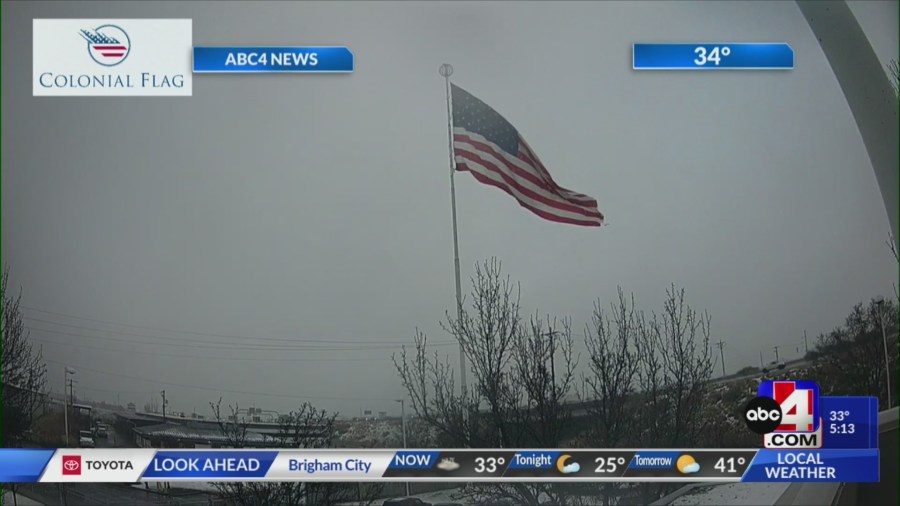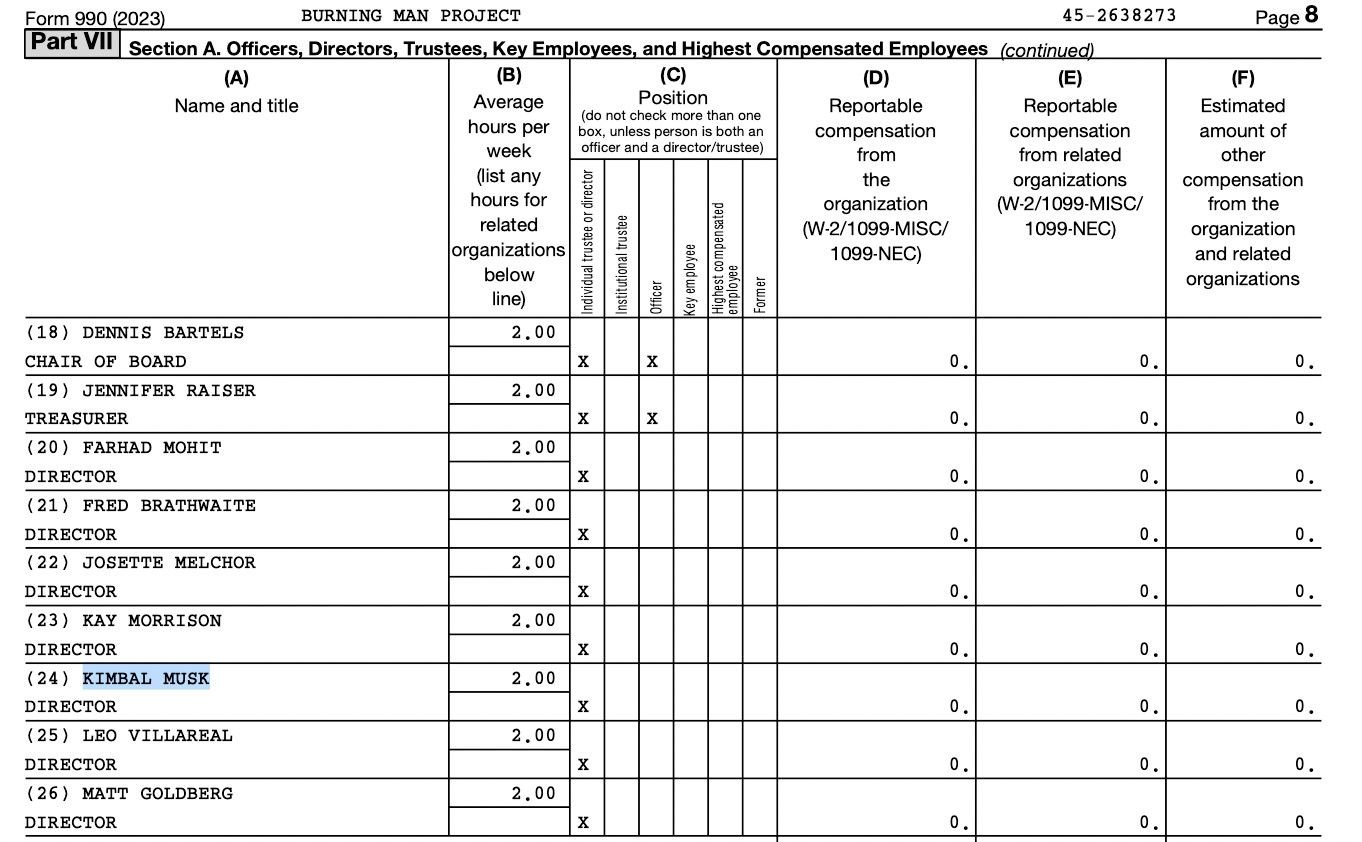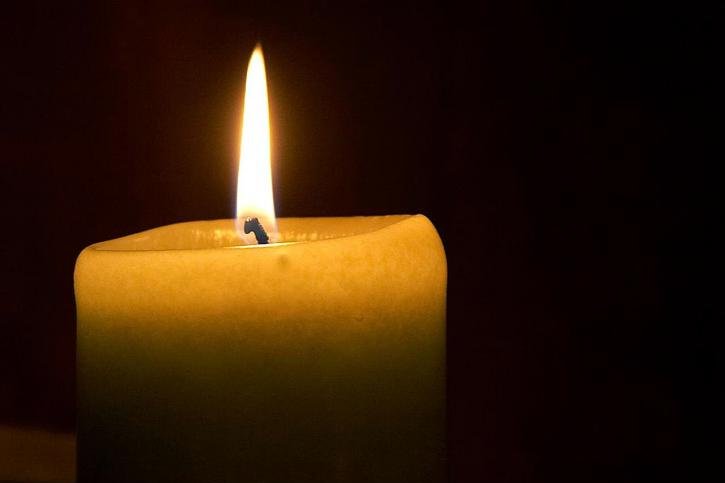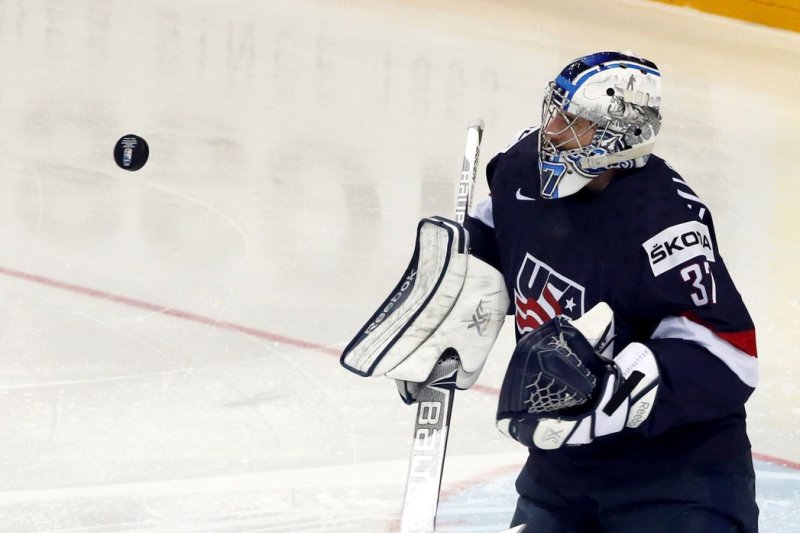The first weeks of Donald J. Trump’s second presidency have shown that The New York Times hit the nail on the head with its Inauguration Day headline: “The Deal Maker in Chief Is Back.”
Trump’s foreign policy also seems to show that his beloved “deals” will remain a dominant theme of his second administration.
There have already been three indications of this: The US is willing to continue sending military aid to Ukraine in return for access to its reserves of raw materials such as rare earths and lithium, the “takeover” of the Gaza Strip to create a “Riviera of the Middle East,” and — a Trump classic — a “Trump Tower” in the Serbian capital, Belgrade.
The first attempt to get this last project off the ground stalled in 2012. The fact that construction is now about to begin 13 years later is largely due to Trump’s close adviser, Richard “Ric” Grenell.
Grenell was special presidential envoy for Serbia and Kosovo peace negotiations during the first Trump administration, and Trump recently named him presidential envoy for special missions.
Trump Tower No. 5
Grenell has close — almost friendly — relations with Serbian President Aleksandar Vucic and Foreign Minister Marko Djuric, a former Serbian ambassador to the US.
Vucic even presented Grenell with the Order of the Serbian Flag in 2023 in recognition of his “balanced approach” to Europe’s youngest state, the Republic of Kosovo, which Serbia still claims as part of its territory 26 years after the end of the Kosovo War.
The Trump Tower Belgrade deal — which, according to The New York Times, comes with a price tag of half a billion dollars — was concluded by the Serbian government, Trump’s son-in-law Jared Kushner and Arab investors in March 2024.
The plan is to turn the former headquarters of the Armed Forces of Serbia (then the Federal Republic of Yugoslavia) into a hotel complex with luxury apartments, including a memorial to the victims of the NATO bombardment of Belgrade in 1999, during which the building was damaged.
After New York, Chicago, Manila and Istanbul, this would be the fifth Trump Tower worldwide.
‘The perfect man for Belgrade’
On February 7, Politico reported that Trump was considering making Rod “Blago” Blagojevich US ambassador to Serbia. The former Democratic governor of Illinois is a colorful political figure — even by Trump’s standards.
Blagojevich, the son of Serbian immigrants, was removed from office in 2009 and sentenced three years later to 14 years in prison for corruption.
When Trump commuted his sentence during his first term in office, Blagojevich was released from prison in 2020.
This makes the Democrat an ideal ally for the Republican president, says Daniel Serwer, Balkans expert at Johns Hopkins University and US Balkans negotiator under former US President Bill Clinton. “Blago is the perfect man for Belgrade: a profoundly corrupt politician who will be willing to do anything Trump wants to be rehabilitated,” Serwer told DW.
Trump popular with Serbs — at home and abroad
After his removal from office, Blagojevich appeared on Donald Trump’s show “The Celebrity Apprentice” in 2010.
When Trump was nominated presidential candidate at the Republican National Convention in July 2024, Blagojevich and Grenell made several electoral appearances together, especially in parts of the USA with large Serbian communities, where Trump had high approval ratings — as he did among nationalist Serbian politicians in Serbia and in neighboring Bosnia-Herzegovina and Kosovo, which also have Serbian communities.
In early 2024, five US businessmen with Serbian roots attended a reception at Trump’s Mar-a-Lago residence in Florida. One of them was Ranko Ristic, founder of the company Zastava Arms USA, which has the exclusive right to import to the US firearms produced by the Serbian company Zastava Oruzje.
According to Ristic, Trump referred to Blagojevich during the event as a “great friend” and “close associate.” Ristic said that he himself had told Trump that during the 1991–95 Bosnian War, Bosnian Serbs had had to defend themselves against 3,000 mujahedeen.
Criticism of Kosovo’s prime minister
Blagojevich met President Vucic in Belgrade in early February. During his visit, he was highly critical in the media of Kosovo’s Prime Minister Albin Kurti, saying that Serbs in Kosovo were the target of “ethnic cleansing” that was taking place there.
In 1999, the USA and other NATO countries bombarded Serbia to force it to withdraw its troops from Kosovo, which was then part of Serbia, to prevent the expulsion of the majority ethnic Albanian population from the province.
Blagojevich apologized to Vucic for the USA’s involvement in this intervention in the Kosovo War. “My country did a terrible thing to your country in the 1990s,” Trump’s potential ambassador to Serbia told Vucic, adding: “It’s no different from what Russia is doing in Ukraine (…) I think President Trump will work on improving our countries’ relations.”
Trump’s confidant Grenell has also criticized Kosovo’s Prime Minister Kurti on multiple occasions. In addition, he met with an archenemy of Kurti, former Kosovo Prime Minister Ramush Haradinaj, in Washington the day before Trump’s inauguration.
According to a post by KosovoOnline on X, Haradinaj said that Grenell had confirmed to him that it would “not be good for Kosovo if Kurti remains in power.”
Kurti has been in Grenell’s bad books since 2020 when he rejected an ethnically motivated exchange of territory between Kosovo and Serbia proposed by Grenell. Kurti’s Vetevendosje party won Kosovo’s parliamentary election on February 9.
More radical rhetoric on Kosovo
These developments, which are extremely positive for Vucic, stand in stark contrast to the mass protests that have been rocking Serbia since early November.
In recent weeks, the Serbian president’s rhetoric regarding Kosovo has taken a more radical turn, undoubtedly to divert attention from his obvious domestic problems.
In an interview with the German newspaper Berliner Zeitung, Serbian Foreign Minister Marko Djuric referred to Kosovo as “our southern province,” where Serbs were exposed to “permanent discrimination and harassment.”
Milan Mojsilovic, chief of General Staff of the Serbian Armed Forces, told the Serbian daily newspaper Vecernje novosti that Serbia’s armed forces were at the ready to “protect Serbs and other non-Albanians on the territory of our southern province.” There were, he said, “indicators for potential destabilization” in Kosovo.
Vucic, who has in the past referred to Kurti as “terrorist scum,” described him recently on Serbia’s Happy TV as a “villain” who “hates Serbs.”
What does this mean for Bosnia?
Kurt Bassuener, director of the Berlin think tank Democratization Policy Council, told DW that Greater Serbian aspirations pose a threat not only to the territorial integrity of Kosovo but also to that of Bosnia-Herzegovina.
The EU could, he said, respond to Belgrade’s aggression toward its neighbors by “significantly beefing up” the EUFOR Althea mission, which protects peace in Bosnia, with combat troops.
Were this to happen, a US-Balkan team comprising Grenell, Kushner and Blagojevich — including a direct line to the White House — would be a gift for Belgrade. It would also mean that an improvement in Serbia-Kosovo relations — already unlikely as it is — would slip further away.
The EU responded in 2023 to the last Kosovo Serb attacks on NATO and Kosovo security forces and a Serb military buildup on the Serbia-Kosovo border with sanctions — paradoxically, against Kosovo.
It was only the personal intervention of the then US Secretary of State Antony Blinken, who spoke to President Vucic, and the enormous pressure exerted by NATO that were able to get Serbian tanks to turn back.
Today, both Western Balkans experts Serwer and Bassuener doubt that the US would stop Vucic’s army should the worst come to the worst. Serwer also warns that even the discussion of the breakup of Kosovo or Ukraine would animate Serbian secessionists in Bosnia to take corresponding action.
“It will be up to Bosnians to react to that,” Serwer told DW. “The Javelins are Kosovo’s best defense at this point.” Without the delivery of the highly effective US Javelin anti-tank weapon system, Ukraine’s successful resistance to Russia’s all-out invasion in 2022 would have been inconceivable.
In view of the current security policy situation, an escalation of potential conflicts in the Western Balkans is certainly becoming increasingly likely.
This article was originally published in German.
#Donald #Trumps #trio #Balkans











Leave a Reply